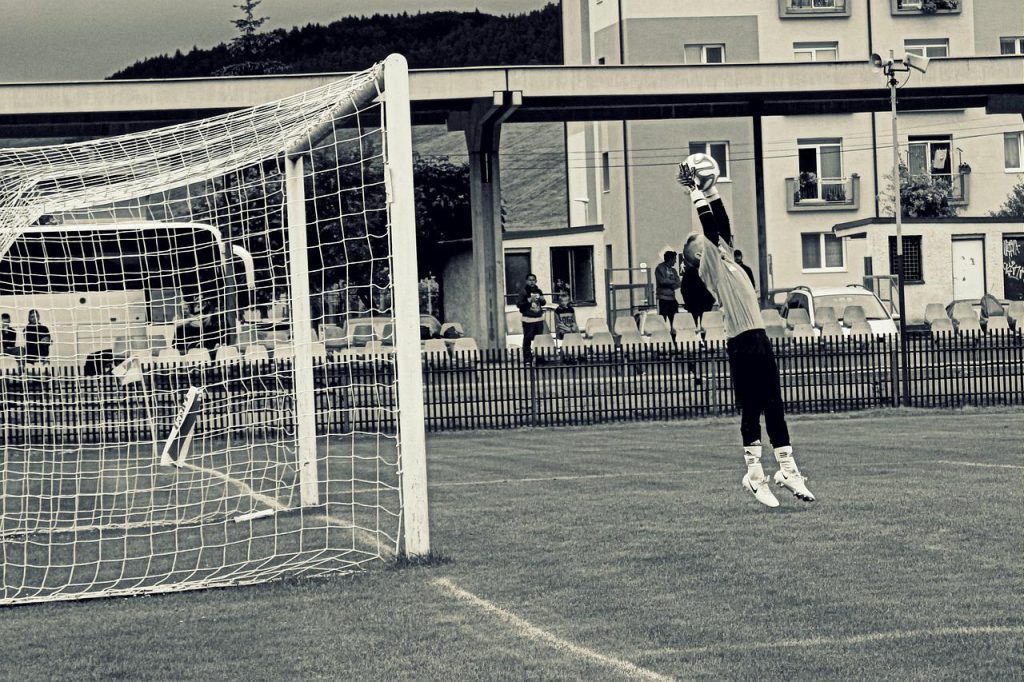Human beings can either have a propensity to do nothing or to do something. People who tend to prefer inaction are said to have a default bias or status quo bias, and this usually results from inertia or anticipated regret. However, many people display action bias, where they tend to prefer action over inaction.

A good example of action bias is seen in soccer goalkeepers during penalties. In such situations, the goalkeepers will normally jump to the right or left, even though this lowers their chances of successfully blocking the ball. Statistically, standing in the middle will increase their chances of success.1
Employers will usually favour people who have a bias for action as it can fuel personal and professional growth. However, it is important to remember that action bias can also have its negative side. For example, most people with a bias for action will respond to issues without proper rationale. At the end of the day, it may be evident that the situation would turn out better if they simply opted for inaction. In one common scenario, people with action bias tend to react to the stock market or forex market poorly. When the prices go down, they may feel compelled to sell their assets and take losses instead of waiting for the market to recover.
So, why exactly do we display action bias? And is there a way of resisting it?
Why Does Action Bias Happen?
Action bias is an evolutionary adaptation. As humans evolved, they developed an instinct for action since this helps them survive. Many people also develop a bias for action because of past experiences. For example, if you have experienced serious failure because of inaction, you will be more likely to engage in action in the future. It is also worth noting that overconfidence in our ability to predict the future can encourage us to take action.
How Can You Resist Action Bias?
While action bias can have lots of benefits, it can be extremely problematic in certain situations. It is important to determine when you need to take action and when you simply need to leave a situation alone. To resist action bias, you will need to unlearn your impulse to react with action.
1. Take your time to evaluate the situation
You can do this by evaluating the results of action and inaction and determining their effectiveness. By taking time to determine the consequences of our actions, it is possible to engage in better decision-making.
2. Smaller tasks
Another thing you should consider doing is making smaller decisions. People who overestimate their capabilities tend to take more work than they can handle, and this can make it harder to control their impulse to take action. You can simply create a list of smaller tasks to handle in a day so that you have enough time to consider the consequences of your actions.
Conclusion
Action bias is a condition that compels us to take action in different situations. This is as opposed to status quo bias, which motivates us to avoid taking action. Action bias is extremely beneficial in our personal and professional growth, which is why employers will often pick applicants who have a bias for action. While action bias can make our lives better, it is essential to learn how to control this condition. This is because, in some cases, it is better to avoid taking action. Before you take action, it is essential to calculate the consequences of your actions. This way, you will be able to determine whether it is better to take action. You should also avoid handling too many tasks at the same time as this can make it harder to evaluate the consequences of your actions.
References
Bar-Eli, M., Azar, O. H., Ritov, I., Keidar-Levin, Y., & Schein, G. (2007). Action bias among elite soccer goalkeepers: The case of penalty kicks. Journal of Economic Psychology, 28(5), 606–621. https://doi.org/10.1016/j.joep.2006.12.001

